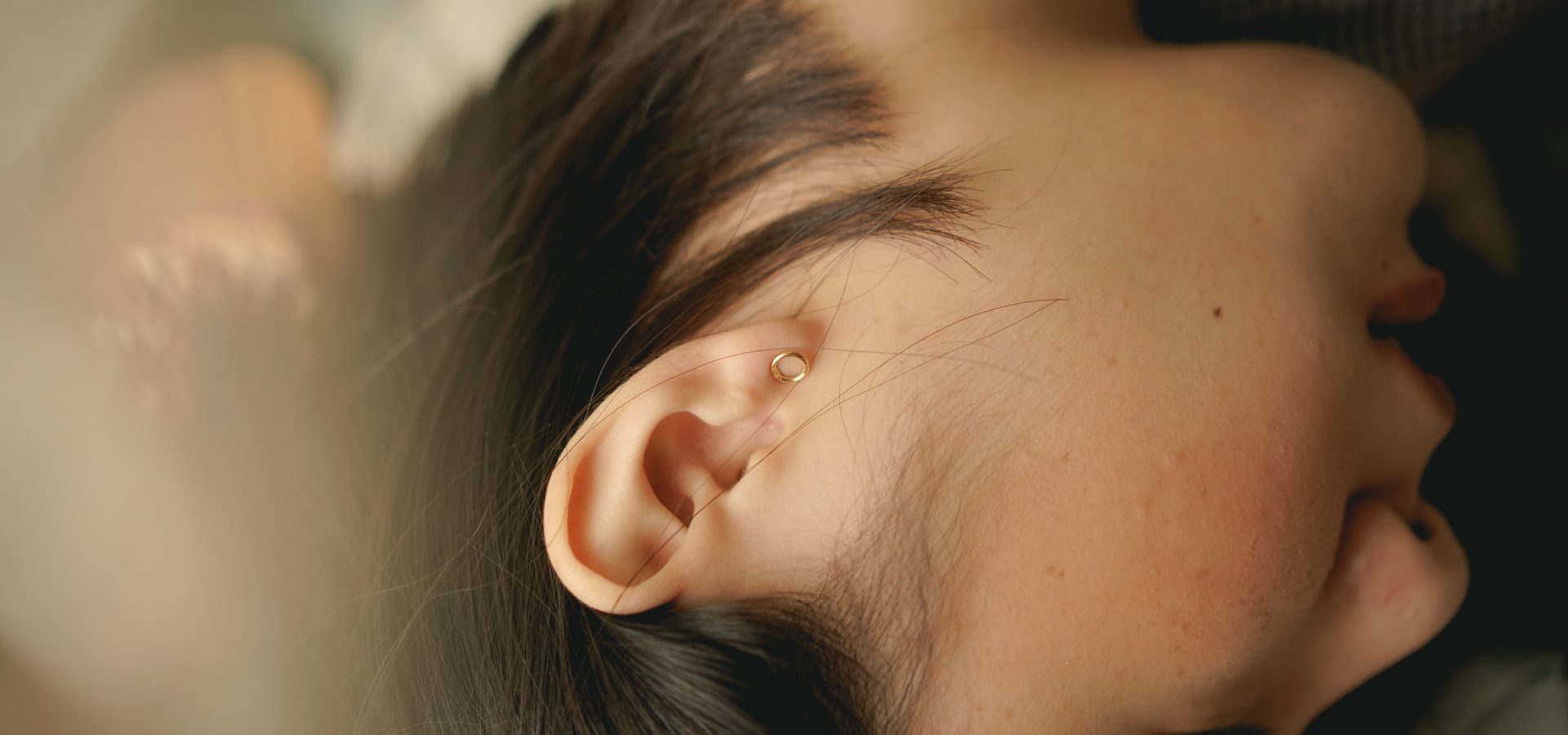Menu

Fungal ear infections can be very problematic and potentially affect the ear. This is why it’s a good idea to know its causes and symptoms.
If you think you have an ear infection, make sure you visit a hearing clinic to get checked.
What Causes a Fungal Ear Infection?
A fungal ear infection, medically called Otomycosis, is caused by the presence of fungus in your ear. Although there are many variations, the most common ones that cause such an infection are Aspergillus and Candida.
The growth usually happens when you have a severe lack of ear wax and the environment is humid. It can also occur because of ear trauma from ear picks, cotton swabs, hearing aids, or even earbuds pushed in with too much force.
Other risk factors that could cause an infection are prolonged submersion in water and taking certain steroidal medications.
Individuals that are immunocompromised, have recently undergone chemotherapy or surgery, or have diabetes, AIDS, eczema, or lymphoma should also be careful. They are more prone to developing Otomycosis.
Symptoms of a Fungal Ear Infection
Fungal ear infections start in the ear canal. It can begin with a red, swollen, tender bulge that can get larger and crusts over with yellow to brownish fungus. This usually affects only one ear but can happen to both ears at once.
The symptoms can include:
– Itching
– Redness
– Swollen, painful, and warm ears
– Temperature sensitivity
– Hearing loss
– Headache
– Tinnitus
– Discharge
However, there are times when ear infections won’t present all of these symptoms. It’s important to get your ear checked right away if you think you have an infection. Additionally, a hearing clinic can help you if you experience tinnitus or hearing loss due to Otomycosis.
How a Doctor Will Assess Your Ear
A doctor uses an Otoscope to assess the ear canal and make sure there are no obstructions or changes in the skin of the ear. Afterwards, they will remove a sample of the material from the ear canal and send it for a lab test to confirm whether it is indeed a fungal infection.
If there is any discharge, this will also be tested to confirm what your condition is.
Treatment and Prevention
Thankfully, there are various ways to treat and prevent fungal infections in the ear. For treatment, options include:
Ear Cleaning
Your medical practitioner will clean your ear thoroughly using either a suction or a deep rinse. After everything is clear, they will apply medication to stop further growth.
Topical Medication
For infections that reach the outer portion of your ear, you may be advised to use an ointment to get rid of the fungus.
Ear Drops
Ear drops are one of the most common routes you can take if you have a fungal infection. Your doctor will advise you on the right one to use for your case.
Oral Medication
You will likely only get prescribed oral medication if ear drops and topical solutions don’t work.
In order to prevent such an infection, you should avoid being too rough when you clean your ears. It’s actually recommended that you ditch the ear pick or cotton swab altogether.
You also don’t want to completely remove all your earwax, as it is meant to be a protective layer in your ear. Finally, whenever your ears get wet, make sure to properly dry them and not leave them soaking.
Conclusion
Although easy to cure, fungal ear infections can be very uncomfortable to deal with. It can also be troublesome should you experience complications like hearing loss, ruptured ears, Encephalitis, inflammation, and more. Make sure you get checked and treated right away.
If you need an Abbotsford hearing clinic, visit Fraser Valley Beltone. We offer hearing aids and tests for every age.
Share Post
Facebook
Twitter
LinkedIn
Email
Reddit
Pinterest
